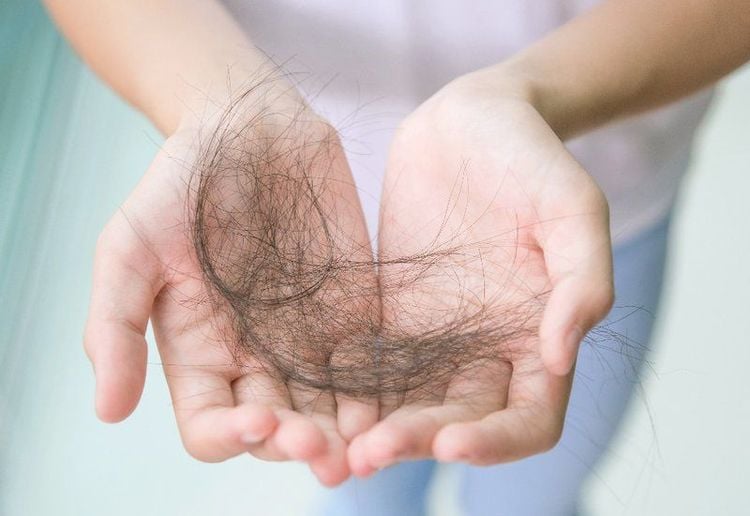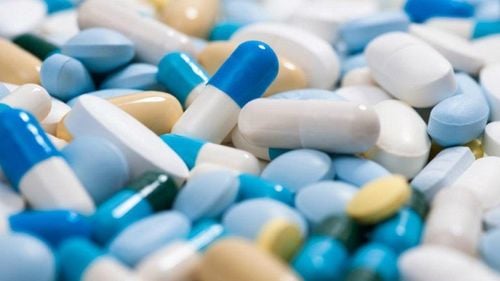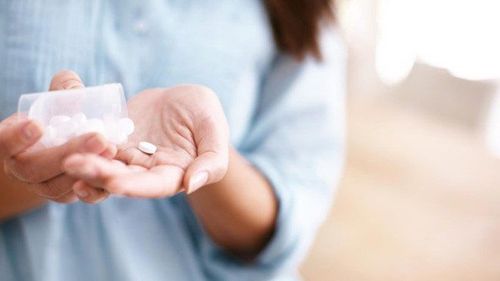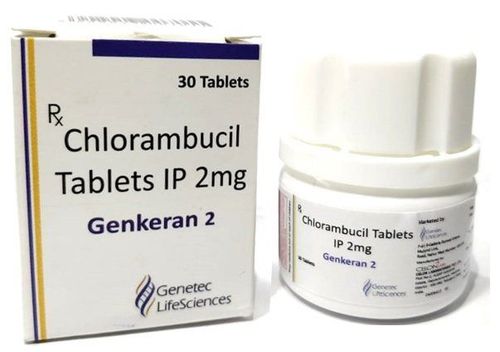This is an automatically translated article.
Jevtana is used to treat prostate cancer in men and works by slowing or stopping the growth of cancer cells.1. What does Jevtana do?
Jevtana (cabazitaxel), is a cancer medicine used in the treatment of prostate cancer. Jevtana works by slowing or stopping the growth of cancer cells.Jevtana can cause serious blood disorders (low white blood cell counts), which can decrease the body's ability to fight infections. Your doctor will closely monitor and test your blood regularly during treatment. Alternatively, the person may also receive another medication to reduce the risk of side effects from Jevtana. To be on the safe side, tell your doctor right away if you have any signs of an infection such as a sore throat that doesn't go away, fever, chills, cough, and difficulty urinating.
2. How to use Jevtana . cancer drug
Jevtana is a diluted intravenous solution with a yellow vial, to be used as directed by your doctor. Dosage will be based on the patient's medical condition, weight, test results, and response to treatment.Your doctor may prescribe other medicines to help you reduce the risk of allergic reactions and prevent unwanted effects while taking Jevtana. Some drugs that can be combined before each Jevtana injection include: Antihistamines, corticosteroids, H2 blockers,...
3. Undesirable effects when using Jevtana
Some unwanted effects that may occur when using Jevtana include:Anorexia; Stomach pain; Change in taste; Nausea, vomiting; Diarrhea ; Temporary hair loss. Hair will grow back to normal at the end of the treatment;

Bạn có thể bị rụng tóc trong quá trình dùng thuốc Jevtana
Before prescribing, doctors always consider the benefits of Jevtana. more than the risk of side effects, however, side effects can still occur in some cases. Therefore, when seeing unusual signs, especially when an allergic reaction occurs such as rash, itching or swelling of the face, tongue, throat, severe dizziness, difficulty breathing, ... then the patient should Immediately notify your doctor for prompt medical intervention.
4. Some notes when using Jevtana cancer drug
Some cautions when using Jevtana cancer drug include:It is necessary to inform your doctor about any history of allergy to Jevtana, similar drugs (taxane drugs such as paclitaxel, docetaxel) or polysorbate 80, or any other condition. any other allergies. Because Jevtana medicinal products may contain inactive ingredients that can cause allergic reactions or other serious problems. Report medical history, especially liver, lung disease, blood disorders, bone marrow (such as bone marrow suppression, neutropenia, thrombocytopenia, anemia), stomach problems (such as stomach ulcers, bleeding, blockage), recent/current infections, radiation treatment, etc. Avoid contact with people who have infections that can spread to others (such as chickenpox, measles, flu, etc.) ). Because Jevtana can make you more susceptible to infections or worsen any existing infections. During treatment with Jevtana, the patient should not be vaccinated or vaccinated without the consent of the doctor. Avoid contact with people who have recently received a live vaccine (such as nasal flu vaccine, tuberculosis vaccine, etc.) To reduce the risk of bleeding or bruising during treatment with the medicine. Jevtana, patients should use caution when using sharp objects such as razors or nail clippers, and avoid contact sports activities. Eating small meals, not eating before treatment or limiting activities can help reduce symptoms of nausea and vomiting. If the condition gets worse, your doctor may prescribe medication to prevent or reduce nausea. The elderly will be more at risk of side effects of Jevtana such as low white blood cell count, fever, dizziness, bladder infection, dehydration. Therefore, the use of Jevtana should be considered for the elderly. Jevtana should not be used by pregnant or nursing women because it may harm an unborn baby or a nursing child. Men using Jevtana should ask about forms of contraception during and for 3 months after stopping treatment. In addition, tests such as blood counts, kidney function tests, etc. need to be performed periodically to monitor the progress or check for unwanted effects of the cancer drug Jevtana. If you forget to take a dose of Jevtana, tell your doctor right away for a supplement or a new treatment regimen. Overdose of Jevtana can cause serious symptoms such as nausea, vomiting, stomach pain, severe dizziness, weakness, etc. Therefore, it should be used with caution.

Thuốc Jevtana chống chỉ định với phụ nữ có thai và cho con bú
5. Drug interactions
Drug interactions may decrease the effectiveness of Jevtana or increase the effect of unwanted effects. Tell the doctor about all other medications the patient takes, including prescription, over-the-counter and herbal products. Do not start, stop, or change the dose of any medicine without your doctor's consent.Some products may interact with Jevtana such as:
Drugs that can cause bleeding or bruising such as: Clopidogrel antiplatelet drugs, NSAIDs (ibuprofen), naproxen, blood thinners such as warfarin , dabigatran,... Aspirin may increase the risk of bleeding when using Jevtana. However, if your doctor has directed you to take low-dose aspirin to prevent a heart attack or stroke, you should continue taking it unless your doctor tells you otherwise. Other drugs that can affect the removal of Jevtana from your body include: azole antifungals (such as itraconazole, ketoconazole), cobicistat, macrolide antibiotics (such as clarithromycin), HIV protease inhibitors (such as ritonavir, nelfinavir), nefazodone, telithromycin...
6. How to store Jevtana
Jevtana is used as prescribed by the doctor at the hospital. Therefore, this is a medicine that can only be stored in the hospital and not at home.In summary, Jevtana is an effective cancer drug in the treatment of prostate cancer. Jevtana works by slowing or stopping the growth of cancer cells. However, Jevtana can cause some unwanted effects and drug interactions, so tell your doctor what products you are using to reduce the risk of side effects and increase the effectiveness of the process. treatment.
Please dial HOTLINE for more information or register for an appointment HERE. Download MyVinmec app to make appointments faster and to manage your bookings easily.
Reference source: webmd.com












